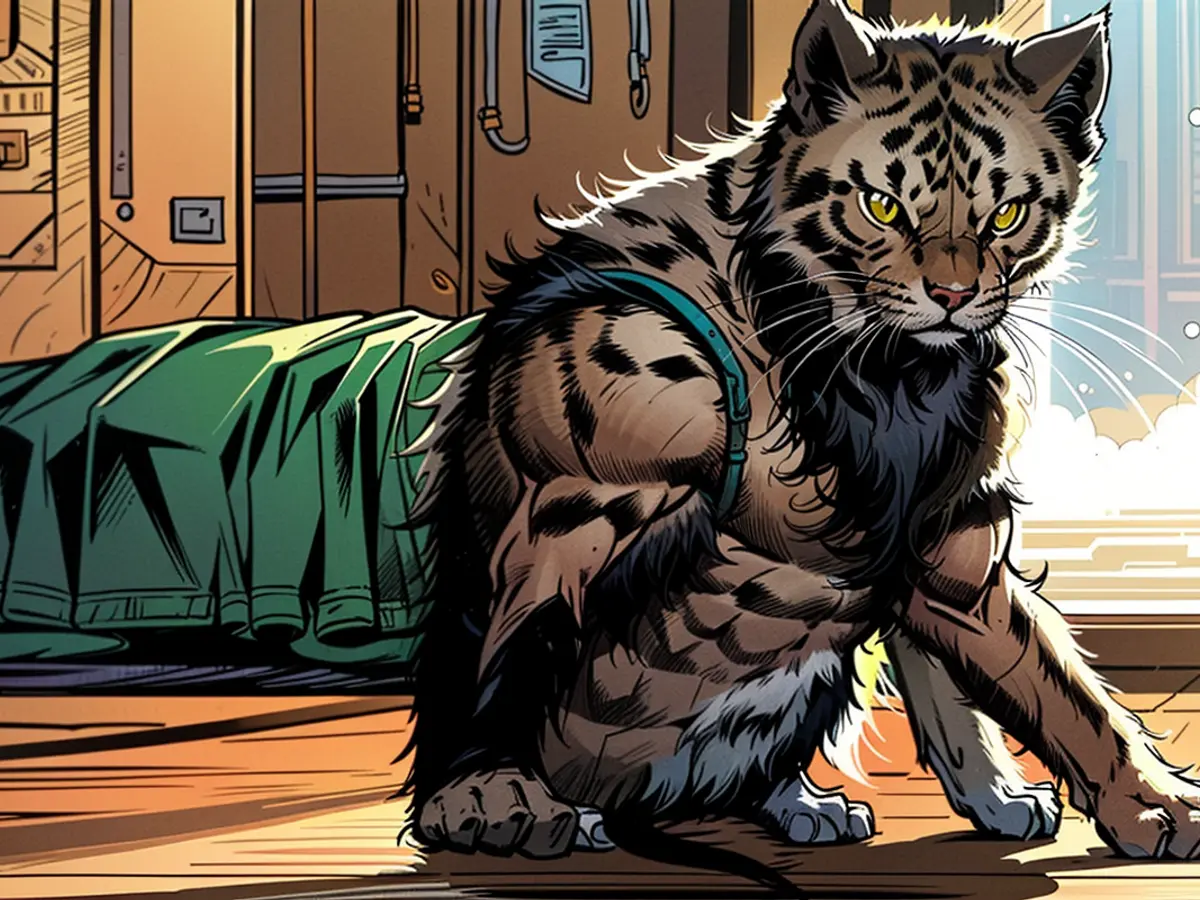- Animal shelters in NRW are back full again during the holidays
In animal shelters across North Rhine-Westphalia, there's a surge in demand during the summer holidays, with some reaching or even exceeding their capacity. "We're full," says the Clara Vahrenholz animal shelter in Düsseldorf. A spokesperson for the Bochum animal shelter told dpa that they have to turn away dog and cat owners who want to board their pets for the holidays, as they are obligated to take in stray animals.
In the Lower Rhine region, the German Animal Welfare Federation is currently witnessing a "flood of abandoned cats". The sad peak: Six neglected kittens, emaciated, sick, and infested with fleas, were recently found on a parking lot in Moers. "Especially this year, abandoned cats and small animals like rabbits are a big problem for animal shelters. They're simply abandoned on parking lots, in front of animal shelters or vet clinics, or even worse, left alone in fields or forests."
Rising vet costs are also a reason for abandoning pets, according to the German Animal Welfare Federation. "In today's heartless society, pets quickly become a burden and are simply discarded," the organization criticized in a statement. Many people buy pets online and then want to get rid of them, said a Düsseldorf animal shelter employee to dpa.
Communities and animal shelters reportedly sign contracts to cover costs, but there are no uniform rates due to varying local cost structures. Insufficient funding has been criticized for a long time. Recently, the state animal protection association also demanded uniform funding for animal shelters from the state government in WDR. "The state government should finally set uniform rates per dog and day, per cat and day - that would already be extremely helpful for us."
A fixed rate per found animal "would not be economically viable for every animal shelter," the ministry said. The state provides numerous funding programs for animal shelters, such as for construction measures. Additionally, "to contain the uncontrolled reproduction of stray cats, there has been a cat castration funding program by the state for several years, which is very well received." In the context of the Corona emergency aid, 400,000 euros were provided in April 2020 to support animal shelters with feed costs. Moreover, financial aid due to rising energy costs helped many animal shelters in 2023.
Previously, the German Animal Welfare Federation stated that animal shelters nationwide take in several hundred thousand animals each year.
The German Animal Welfare Federation is deeply concerned about the increasing number of abandoned cats in the Lower Rhine region, urging for uniform funding from the state government to address this issue. The Clara Vahrenholz animal shelter in Düsseldorf, like many others, is grappling with the challenge of animal welfare, as rising vet costs and societalcallousness leading to pet abandonment strain their resources.








